Young girls with autism have more psychiatric problems than boys
A greater proportion of 3-year-old girls than boys with autism have psychiatric features such as anxiety and moodiness.

A greater proportion of 3-year-old girls than boys with autism have psychiatric features such as anxiety and moodiness.

Five scientists describe the biggest challenges they face in solving sleep problems in people with autism.

Two scientists describe the causes and consequences of sleep disruptions in autism — and what to do about them.
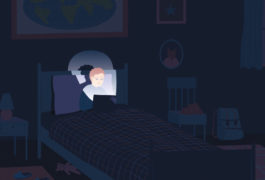
Exposure to certain types of light at night may exacerbate sleep issues among people with autism.
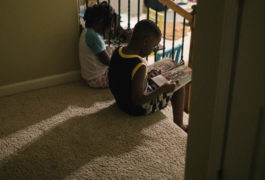
Insomnia troubles many children with autism. Luckily, research is awakening parents to some simple bedtime solutions.
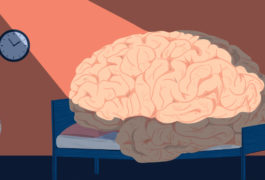
Differences in sleep and circadian rhythm may distort the results of autism studies.
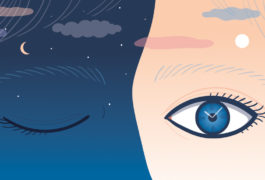
Sleep problems in autism may stem from the same biological changes that underlie the core features of the condition.
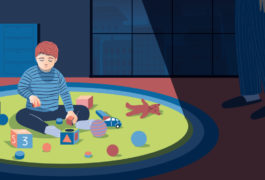
Children with autism who have sleep problems are often distracted, hyperactive, irritable and aggressive.
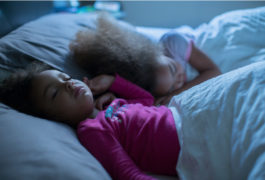
A new formulation of the hormone melatonin seems to improve sleep in some children with autism.
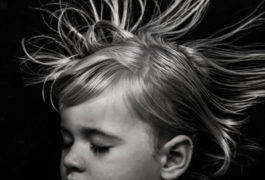
Behavioral interventions and medications can help children with autism-related syndromes sleep better, but the treatments must be tailored to the cause of each child’s sleep disturbance.